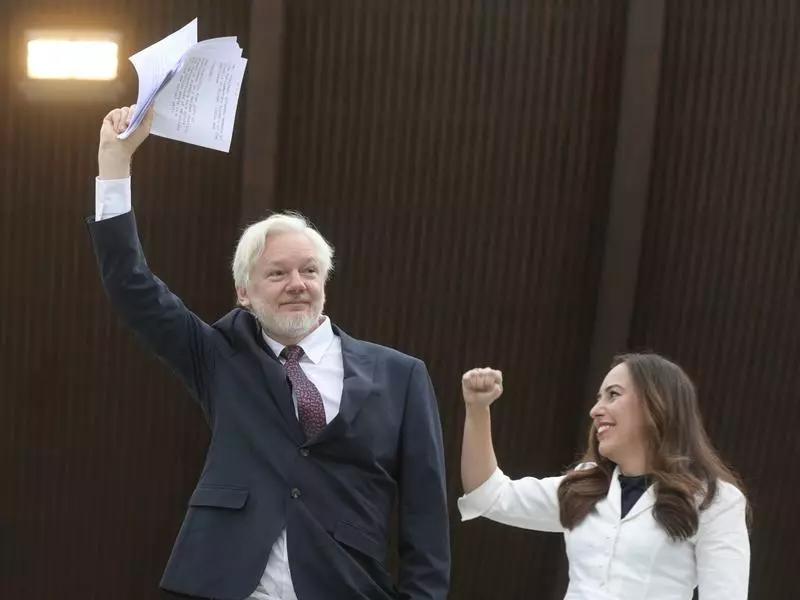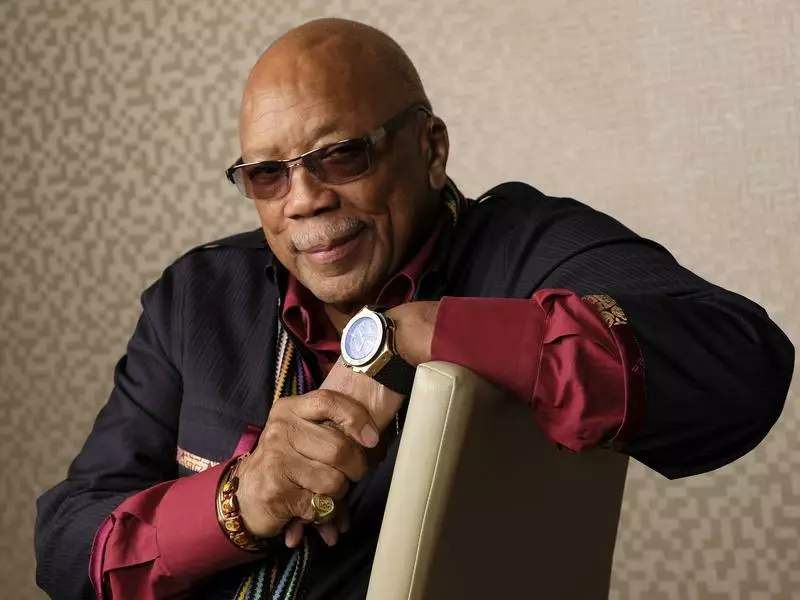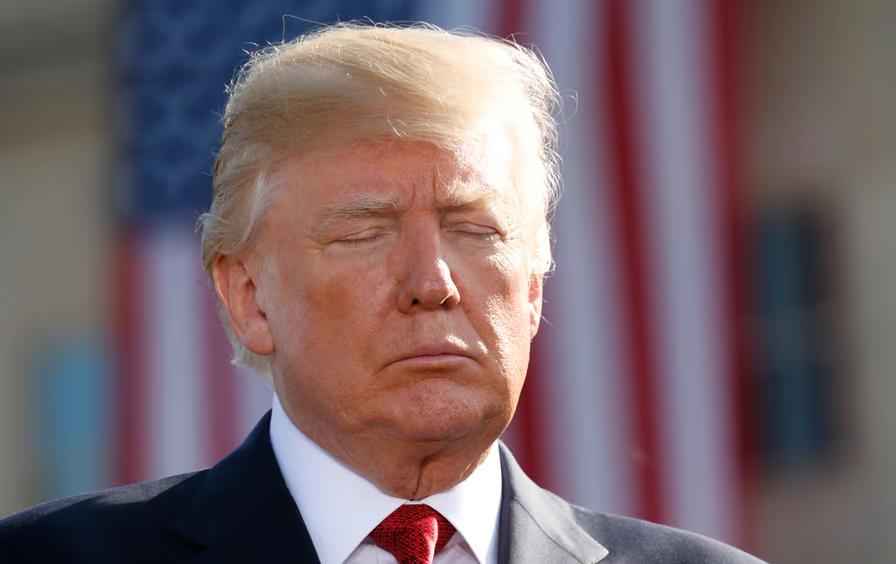Julian Assange Says He Was Freed After 'Pleading Guilty to Journalism'
Oct 1, 2024 / GMT+6
Julian Assange says he is free after years in prison because he "pled guilty to journalism." He shared his experience at the Council of Europe.
More topics for you...This topic continues below.
China reports record $1.2 trillion trade surplus for 2025, defying Trump's tariffs.
Julian Assange, the Australian who started WikiLeaks, says he was freed after years in prison because he "pled guilty to journalism." Assange shared his story on Tuesday with the Council of Europe, which is a group of parliament members from 46 countries.
This was his first public appearance since being released in June. Assange, 53, explained how his time in jail affected his life and how he believes it connects to human rights.
“I want to be very clear: I am not free today because the system worked,” Assange said. “I am free today after years of imprisonment because I pled guilty to journalism.”
He then explained what he meant. “I pled guilty to seeking information from a source. I pled guilty to obtaining information and sharing it with the public. I did not plead guilty to anything else.”
Assange spoke about how hard it was to be isolated for so long. He said it had taken a toll on him and that he is still recovering. He was freed after spending five years in a British prison, thanks to a deal with U.S. prosecutors.
Before going to prison, Assange had spent seven years hiding in the Ecuadorian Embassy in London, where he sought asylum, claiming he was being unfairly targeted.
Assange was accused of publishing military documents and cables that revealed secrets about the U.S. government’s actions in Iraq and Afghanistan. Some praised him for sharing the truth and shedding light on things people didn’t know. One of the most famous pieces WikiLeaks published was a video showing a U.S. helicopter attack in 2007 that killed 11 people, including two Reuters journalists.
But others criticized Assange, saying he put lives in danger, including those who worked with U.S. forces. They believed his actions went beyond what journalists should do.
Assange’s case ended when he pleaded guilty to a charge under the U.S. Espionage Act. He was charged with conspiring to get and share classified information. A judge sentenced him to the five years he had already spent in a British jail, where he had been fighting extradition to the U.S.
In late June, Assange returned to Australia as a free man. His wife, Stella, said he needed time to heal before speaking publicly.
On Tuesday, Assange warned that punishing news-gathering is dangerous for investigative journalism. He said, "Journalists should not be prosecuted for doing their jobs." He called his situation a clear example of this problem.
Assange said he hopes his testimony will help people who are less visible but face similar threats. His appearance came shortly after the Council of Europe’s Parliamentary Assembly issued a report saying Assange had been treated too harshly. The assembly classified him as a political prisoner and expressed concern over his years of detention in a high-security prison.
During his speech, Assange pointed out how freedom of the press is at risk. “The criminalization of news-gathering is a threat to journalism everywhere,” he said. He explained that he was convicted for sharing truthful information about a powerful government.
"The issue is simple—journalists should not be prosecuted for doing their jobs. Journalism is not a crime," Assange said in closing.







